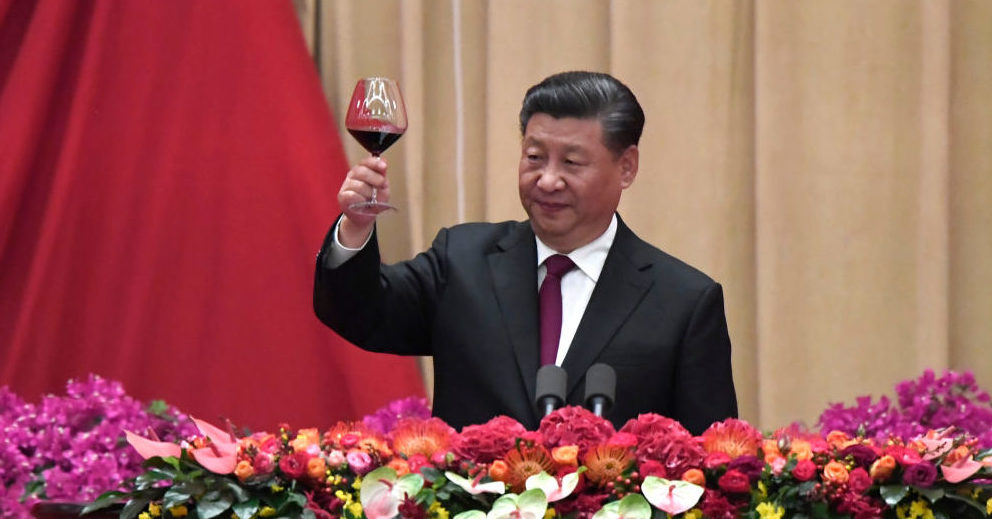As the world turns against China, with its unsanitary ‘wet markets’, slippery public health statistics and relentless geopoliticking, this week’s long read pick nonetheless looks at what we might learn from East Asian thought about the social value of hierarchy. In The Case for Hierarchy, China-based political science academics Daniel A. Bell and Wang Pei draw on their book Just Hierarchy: Why Social Hierarchies Matter in China and the Rest of the World to argue the case at Palladium magazine for a critical reappraisal of our valorisation of equality at all costs.
While equality sounds good and attractive, the authors argue, it is not without pitfalls: witness the ‘mass violence and tyranny’ that resulted from Maoist efforts during the Cultural Revolution to stamp out all forms of social hierarchy.
Conversely, hierarchy brings many benefits: the authors argue, for example, that no society can develop beyond very primitive conditions without some forms of hierarchy to structure its interactions.
But hierarchies, equally clearly, bring their own dangers. Such structures may enable societies to organise efficiently at larger scale. But historically many forms of hierarchy have become vehicles for the dominant groups to further their own self-interest, whether via the oppression of women, ethnic sub-groups or the poor. And even efficiency on its own is not an intrinsic good: just because something is efficient, the authors point out, does not make it virtuous — witness the Nazi death camps. But rather than rejecting hierarchy, the authors argue that we should embrace them — but do so thoughtfully and critically.
For example, the familial hierarchy encoded in East Asian culture by notions of ‘filial piety’ is backed by some evidence that shows how humans do indeed become more emotionally intelligent with age:
From this, they suggest, it follows that it may be both desirable and advisable to respect our elders and listen to their advice. Political hierarchies, meanwhile, also have value, but need to be evaluated critically in terms of how they benefit the citizens:
By the same token, the authors argue, rather than seeking an unattainable form of flat equality, we must also think critically about hierarchical relations between humans and other creatures, between nations around the world and even between humans and machines. This is so because to do otherwise leaves us at risk of defaulting to hierarchies that serve us less well than they might:
If the authors are correct, the challenge for our politics is less an abolition of hierarchy than the cultivation of virtue in both the polity and its leaders: a return to ancient political questions indeed.











Join the discussion
Join like minded readers that support our journalism by becoming a paid subscriber
To join the discussion in the comments, become a paid subscriber.
Join like minded readers that support our journalism, read unlimited articles and enjoy other subscriber-only benefits.
Subscribe